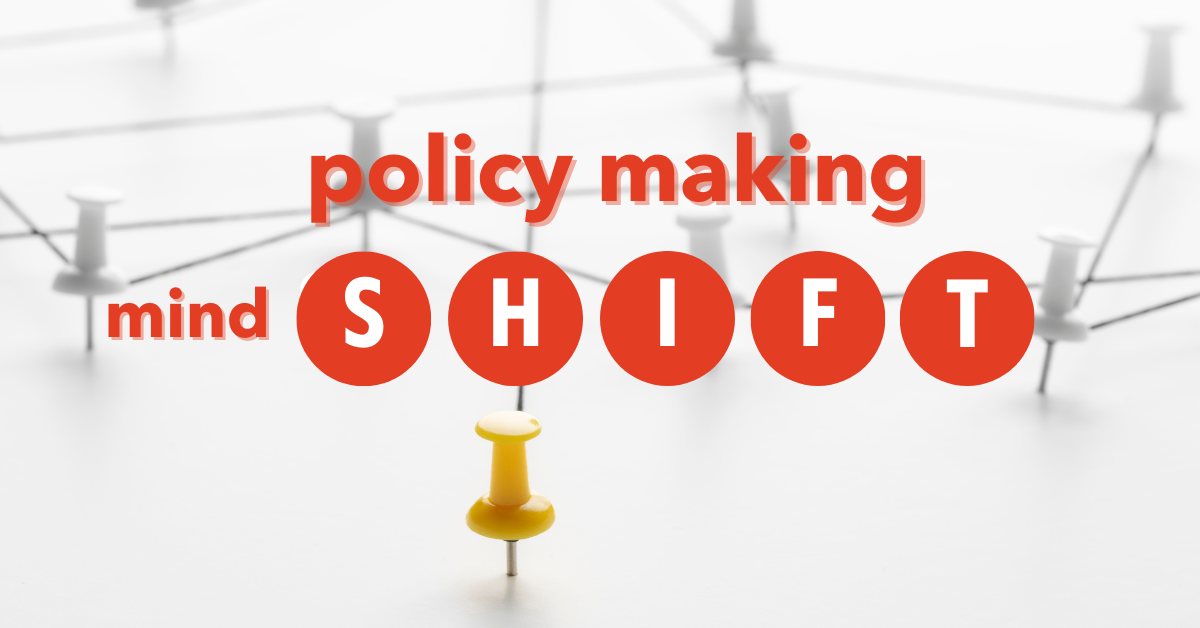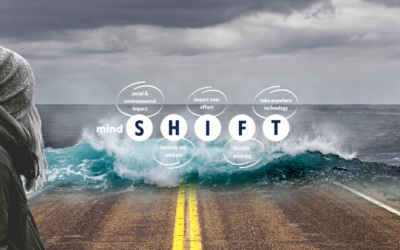This post is part 1 of 2
COVID-19 is one of those events that should not have come as a surprise for the people whose task it is to evaluate policies relating to global shock events. For those who shape and make effective policy that outlines how companies respond to these events, we’ve been here before.
The mindSHIFT that takes place is in the development of policies that allow business operations to continue, as the global shock forces a move away from the way things were previously done, to the new ways of doing.
As we’ve witnessed in the last two decades, Australia has had no choice but to respond to various ‘global shock’ events that bring about new ways of doing things. From 9/11 to the Pandemic and other global shock events in between; SARS, the Great Financial Crisis and with amplified weather events, due to our changing climate, there’s been water crises, forest fires, cyclones and floods.
Businesses and entire industry sectors have had to adapt to these shocks by putting in in place policies and processes that help them recover and stay in business.
Lessons from COVID-19
COVID-19 is a reminder that global shocks will continue. Whilst we can’t avoid them, we can plan ahead with proactive policy making.
Prior to the emergence of COVID-19, and the World Health Organisation’s declaration of a pandemic on 11 March 2020, Australia had established plans to respond to national health crises with multiple touchpoints at a national, state and territory level. While it was impossible to plan for everything that the virus would throw at us, it appears these plans were either not designed or executed particularly well.
People’s professional and personal experiences during the pandemic (the lived experience) have varied, depending on where they live, where they work, and how they work.
Both here in Australia and globally, we’ve witnessed or experienced:
- that economies, and their supply chains, depend on active labour – that is, healthy humans going to work;
- closure of national and international borders, travel caps and the renewed focus on vaccine certificates;
- disjointed and largely uncoordinated national and international rules for social distancing, and the monumental task of contact tracing;
- mainstream media and interest group undermining of science and scientific expertise, including attacks on scientists, and the politicisation of science leading to dangerous policies;
- emergence of misleading vaccine misinformation, that spreads via social media platforms; and
- increasing concern for the mental wellbeing of people of all ages, with the emergence of what’s called the ‘dual pandemic’.
This lived experience demonstrates one thing clearly if policy makers can’t shift from problems that need to be solved to implementing policies that solve them, they’ll need to understand how to practice mindSHIFT!
This post was updated February 18, 2022 – 3:30pm AEDT.




